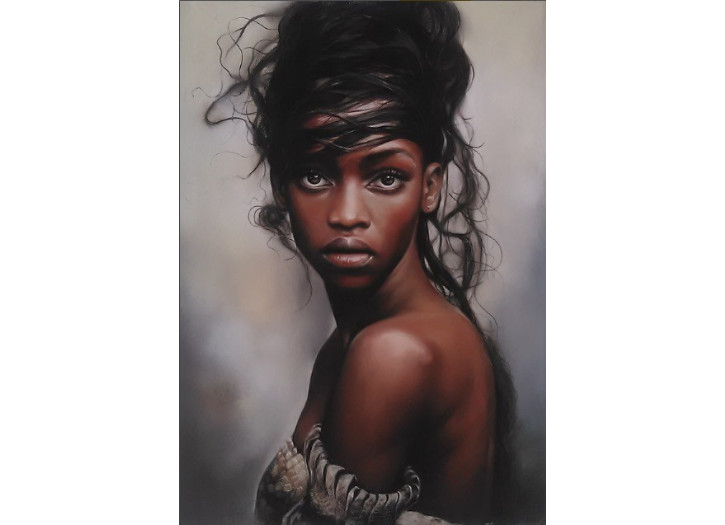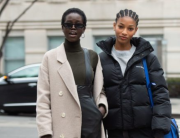Like many people, my morning routine often starts with a trip to the bathroom, I wash my face, brush my teeth, and I look in the mirror. This daily ritual prompts a deeper reflection on identity. Who am I? What defines me? In a world saturated with social media and glossy magazines, it’s easy to question whether we measure up to society’s standards.
This scrutiny, particularly for minorities and black women, traces back to a Eurocentric beauty ideal that emerged in the 1800s. At that time, beauty was synonymous with tall, white women, with skin so fair that some women resorted to harmful practices to achieve it. This narrow definition of beauty, set by a select few, has persisted for centuries, leaving women of all backgrounds feeling inadequate or pressured to conform.
This struggle for acceptance often leads to internal conflict and division among women, as we compete to fit a certain mold of beauty. Yet, beneath this surface-level pursuit lies a deeper quest for understanding how we deserve to be loved and valued.
We’ve been conditioned to believe that our external appearance is the primary measure of our worth, overshadowing our intellect and inner beauty. While it’s natural to care about our physical appearance, defining a woman’s true nature and beauty solely by her looks seems shallow. True beauty encompasses not just outward appearance but also the richness of one’s character and spirit.
In a society that often prioritizes surface-level beauty, let’s not forget to celebrate the depth and diversity of beauty that resides within each of us.
Author Sabrina Springs, book “Fearing the Body: The Racial Origins of Fat Phobia”, credits a French physician and traveler who sought to establish a racial hierarchy amidst debates about the legality and morality of slavery. Springs traces the roots of fat phobia to this historical context.
During the 1900s, the cosmetic industry emerged, promoting lighter skin as the epitome of beauty. This era further entrenched colorism within the black community, leading to divisions and conflicts even within families. Sharing my own personal struggles. As I recount on how my darker skin caused me to question my own beauty, especially in comparison to my fair-skinned mother.
The societal pressure to conform to certain beauty standards often leads to body dysmorphia, where individuals, particularly black women and minorities, feel compelled to change their appearance to fit in. Despite efforts to meet these standards, many still feel inadequate, highlighting the complexity of self-acceptance.
I challenge women, including myself, to redefine beauty on our own terms, emphasizing the importance of self-love and setting personal standards. Beauty, is not merely skin-deep but a multifaceted concept that goes beyond societal norms.
Photo Credit: Teodor Krastev Bozhinov







Very informative and eye opening! Challenge accepted,
Great Article
I also have felt this same way and is finally accepting my inward and outer beauty as enough. This article is very encouraging and enlightening.